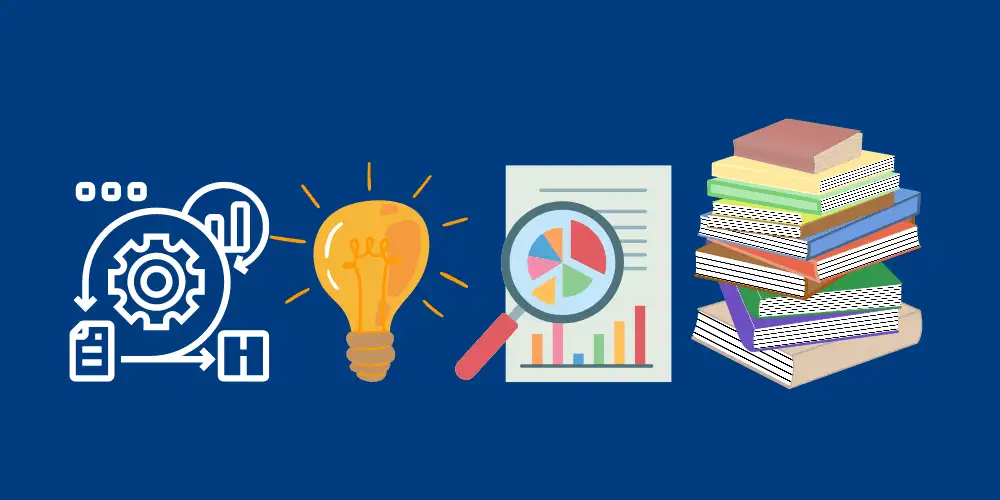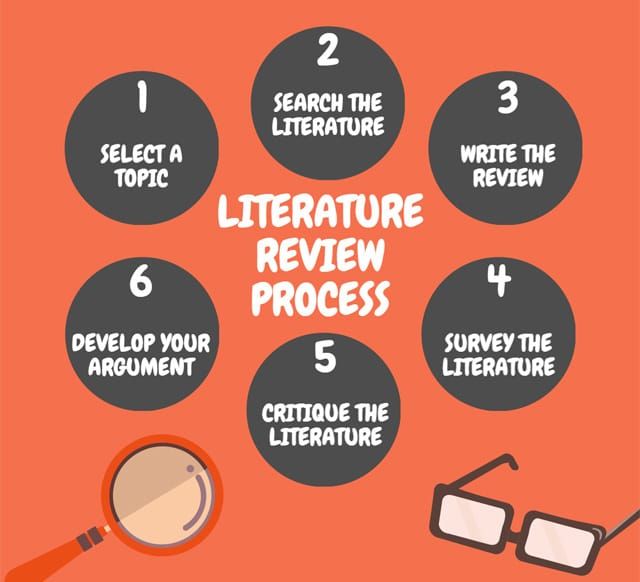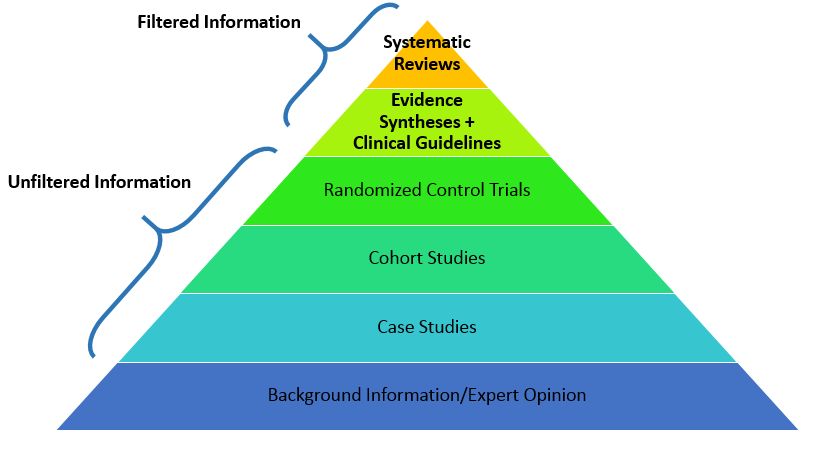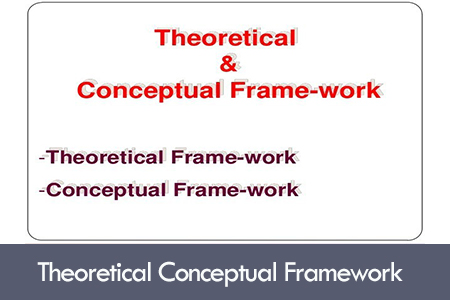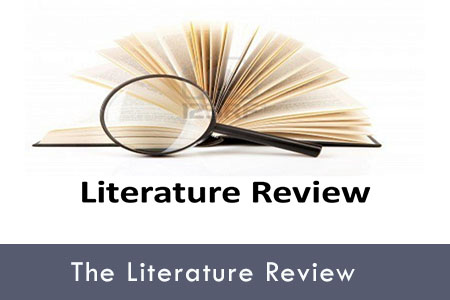Awesome Literature Review Topics to Help You Compose an Outstanding Dissertation
Let me tell you a secret
If you conduct proper research regarding the literature review section of your dissertation or thesis BEFORE finalizing the topic, then the research process will become a lot easier for you. This article will help you to make your literature review topics more reasonable.
Why you’re asking?
That is because the literature review gives a summary of all the previous studies conducted on the topic and the methods, techniques, and statistical tools applied to them. This gives the researcher not only a clear idea as to where the study is originating from but also gives him an idea as to which techniques and tools he should apply to his study and what their outcome can be.
So, if you want to be sure that you are selecting the right topic for your final dissertation or thesis, then make sure that you conduct research for your literature review before finalizing your research theme.
Dissertation Topics Brief Service
At dissertation-help.co.uk, we offer a comprehensive Dissertation Topics Brief Service to help you select a suitable dissertation topic. Our expert writers can help you generate ideas and outline a detailed topic brief of 500 words. This service ensures that you are headed in the right direction for your dissertation, with a clear and focused topic that meets academic standards.
Paid Topic Consultation Service
You will get the topics first as per the given requirements, and then the brief which includes;
- An explanation why we choose this topic.
- 2-3 research questions.
- Key literature resources identification.
- Suitable methodology with identification of raw sample size, and data collection method
- View a sample of topic consultation service
Download Sample Dissertations Pdf
Before you start working on your own dissertation, it’s helpful to take a look at some sample dissertations. Our collection of sample dissertations covers a wide range of civil law topics and can give you a better understanding of how to structure and write your own dissertation.
You can download free dissertation samples and topic briefs to get an idea of how to approach your topic and craft an engaging dissertation. This can serve as inspiration and guidance throughout your research process.
But it’s not that easy to come up with literature review topics, right?
- Psychoanalytic Interpretations of Shakespeare’s Tragedies: Analyzing Characters’ Psyches
- Feminist Critique of 20th Century American Literature: Examining Gender Roles and Representation
- Postcolonial Perspectives on African Diaspora Literature: Identity, Power, and Resistance
- Queer Theory and LGBTQ+ Literature: Exploring Themes of Identity and Subversion
- Ecocriticism in Contemporary Fiction: Nature, Environment, and Human Interaction
Historical Contexts and Literary Movements:
- Harlem Renaissance Literature: Cultural Identity and Artistic Expression in African American Writing
- Romanticism and the Gothic: Themes of Nature, Emotion, and Supernatural in 19th Century Literature
- Modernism and Stream-of-Consciousness Narration: Exploring Subjectivity and Fragmentation
- Postmodern Literature: Deconstruction, Irony, and Metafiction in Contemporary Writing
- Magical Realism in Latin American Literature: Blurring the Boundaries of Reality and Fantasy
Genre Studies:
- Crime Fiction and Detective Narratives: Evolution, Conventions, and Social Commentary
- Science Fiction Literature: Speculative Futures and Societal Reflections
- Graphic Novels and Comics: Visual Storytelling and Narrative Techniques
- Young Adult Literature: Themes of Identity, Coming-of-Age, and Social Issues
- Travel Writing and Adventure Literature: Exploration, Encounter, and Cultural Representation
Author Studies:
- Virginia Woolf’s Feminist Aesthetics: Gender, Narrative, and Experimental Writing
- Gabriel García Márquez and Magical Realism: Myth, Memory, and Colombian Culture
- Toni Morrison’s Exploration of African American Experience: Race, Trauma, and Resilience
- J.R.R. Tolkien and the Fantasy Tradition: Worldbuilding, Mythology, and Linguistics
- Haruki Murakami’s Surrealism: Themes of Alienation, Identity, and Existentialism
Interdisciplinary Approaches:
- Literature and Psychology: Freudian and Jungian Interpretations of Literary Texts
- Literature and Philosophy: Existentialist Themes in Modern Fiction
- Literature and History: Representations of War and Conflict in 20th-Century Novels
- Literature and Science: Depictions of Technology and Ethics in Speculative Fiction
- Literature and Sociology: Social Realism and Depictions of Class Struggle in 19th-Century Literature
Cultural and Identity Studies:
- Diasporic Literature and Identity Formation: Exploring the Experience of Displacement and Belonging
- Indigenous Literature and Cultural Revitalization: Reclaiming Narratives and Traditional Knowledge
- Immigrant Literature: Negotiating Identity, Assimilation, and Cultural Hybridity
- Disability Representation in Literature: Portrayals, Stereotypes, and Empowerment
- Intersectionality in Literature: Examining the Interplay of Race, Gender, Class, and Sexuality
Ethics:
- Moral Dilemmas in Literature: Ethical Challenges and Philosophical Reflections
- Representations of Justice and Injustice in Literature: Legal, Social, and Moral Perspectives
- Ethical Implications of Narratives of Trauma and Suffering in Literature
- Environmental Ethics in Ecocritical Literature: Perspectives on Nature, Sustainability, and Human Responsibility
- Animal Rights and Ethical Considerations in Literary Depictions: Anthropomorphism, Empathy, and Exploitation
Literature and Technology:
- Digital Humanities and Literary Studies: Innovations, Challenges, and Future Directions
- Virtual Reality and Immersive Storytelling: Narrative Possibilities and Audience Engagement
- Literature in the Age of Social Media: Influences, Trends, and Audience Interaction
- Technological Dystopias in Literature: Critiques of Surveillance, Control, and Technological Determinism
- Cybernetic Literature and Posthumanism: Exploring Boundaries of the Human and the Technological
Education:
- Literature in the Classroom: Strategies for Teaching Critical Thinking, Empathy, and Cultural Understanding
- Multicultural Literature in Curriculum Development: Promoting Diversity and Inclusivity in Education
- Reading and Literacy Development: The Role of Literature in Language Acquisition and Cognitive Development
- Literature Circles and Book Clubs: Fostering Community, Discussion, and Lifelong Learning
- Literature-Based Interventions in Education: Using Narratives for Social and Emotional Learning, Mental Health, and Well-being
Literature and Globalization:
- Transnational Literature: Cross-Cultural Encounters, Hybrid Identities, and Global Perspectives
- Translation Studies and Literary Adaptations: Challenges and Opportunities in Cross-Cultural Exchange
- World Literature and Cosmopolitanism: Dialogues Across Borders, Languages, and Cultures
- Global Literary Markets and Publishing Trends: Impact on Authorship, Readership, and Cultural Exchange
- Literature and Migration: Narratives of Mobility, Displacement, and Cultural Translation in a Globalized World
Social Media, Technology, and Communication
- The impact of social media on communication and interpersonal relationships
- The effects of video games on cognitive development
- The influence of advertising on consumer behavior
- The impact of social media on privacy and digital rights
- The role of technology in shaping workplace dynamics and productivity
- The effects of technology on education and learning outcomes
- The effects of technology on social skills and face-to-face interactions
- The impact of media representation on body image and self-esteem
- The effects of social media on political participation and activism
Health, Mental Health, and Psychology
- The relationship between mental health and physical activity
- The psychological effects of unemployment on individuals and communities
- The effects of bullying on mental health in children and adolescents
- The impact of parental divorce on child development and well-being
- The relationship between religion and mental health outcomes
- The impact of stress on physical health and long-term wellness
- The effects of economic recessions on mental health and societal well-being
- The role of nature and green spaces in mental health recovery
- The influence of diet on heart disease and overall health
- The impact of social class on access to healthcare and mental health resources
Social Issues, Poverty, and Crime
- The relationship between poverty and crime rates
- The impact of poverty on child development and educational outcomes
- The relationship between income inequality and crime
- The effects of parental substance abuse on child development
- The effects of parental involvement on academic achievement in low-income families
- The impact of globalization on cultural identity and community cohesion
- The effects of cultural diversity on mental health and social integration
- The role of gender in leadership and societal structures
- The impact of gender roles on mental health and societal expectations
- The effects of recession on consumer buying behavior and purchasing patterns
Business, Marketing, and Consumer Behavior
- Eco-marketing as a strategy for enhancing corporate image
- The environmental impact of product packaging and sustainability initiatives
- The commercial impact of globalization on business practices and strategies
- The role of pricing policy in shaping a company’s marketing strategy
- Barriers to international trade and their economic consequences
- The effect of mobile commerce on firm productivity and consumer reach
- The effect of advertisements on children and consumer influence
- The role of branding and brand image in consumer preference
- A comparative study of sellers and buyers in market acceptance of licensed software
- Consumer awareness and usage of e-banking through mobile platforms
- The effect of free sample trials on product adoption and consumer loyalty
Education, Teachers, and Family Dynamics
- Study of teacher empowerment in small learning communities
- Teacher attitudes toward pay-for-performance incentives in education
- The effects of gender on family purchasing decisions and consumer choices
- The impact of cultural diversity on educational opportunities and outcomes
- The relationship between education and crime prevention in urban areas
Ethics, Communication, and Business Practices
- The role and importance of business ethics in organizational success
- The importance of effective business communication for productivity and performance
- The role of business ethics in shaping corporate social responsibility initiatives
- The attitude of consumers toward direct marketing and advertising techniques
- Factors affecting positive and negative word of mouth in the hospitality industry
- Effect of product innovativeness and trialability on new product adoption
Try to search the internet and other sources for information on the above-mentioned topics and form a literature review so that you can get a clear idea of the direction of your thesis or dissertation. This article will definitely help you to make your literature review topic more effective and useful.
Conclusion
Research review topics play a crucial role in synthesizing existing knowledge, identifying gaps, and providing a comprehensive understanding of a particular field. By critically analyzing the current literature, these topics help scholars and researchers build upon established theories, challenge existing paradigms, and propose new directions for future research.
Whether focusing on advancements in technology, evolving methodologies, or the impact of specific policies, research reviews are essential for consolidating insights and guiding further investigations. As research continues to evolve across various disciplines, review topics serve as a valuable tool for keeping up with the latest trends and ensuring that future studies are informed by a deep understanding of prior work.
FAQS
-
What is the purpose of a literature review in research?
The purpose of a literature review is to provide a comprehensive overview of existing research on a specific topic. It helps identify trends, gaps, and inconsistencies in the literature, guiding researchers to formulate research questions and justify the significance of their study. A well-written literature review also demonstrates the researcher’s understanding of the topic and context.
-
How do I choose a good literature review topic?
A good literature review topic should be relevant, specific, and feasible. Start by identifying an area of interest within your field, then narrow it down to a focused question or theme. Look for gaps in the existing literature where further investigation is needed and ensure that there is enough credible research available to review. Consulting recent studies and academic journals can help pinpoint emerging trends and unexplored areas.
-
How do I organize a literature review by topics?
To organize your literature review effectively, categorize the studies based on common themes, theories, or methodologies. You can organize the review chronologically, thematically, or methodologically. For example, group studies based on shared research objectives, or by contrasting different approaches or findings. This structure helps provide clarity and enhances the flow of the review.
-
What makes a literature review topic original?
An original literature review topic often involves exploring an under-researched area, presenting a new perspective on existing studies, or synthesizing findings from multiple disciplines. It should address a research gap or offer a novel approach to interpreting existing data. Originality comes from connecting existing research in a unique way or offering new insights into established theories or practices.
-
How do I know if a literature review topic is too broad or too narrow?
A literature review topic is too broad if it covers a large scope with too many studies to manage effectively. For example, reviewing all of “climate change” would be too broad, as it spans numerous disciplines. A topic is too narrow if there’s not enough research available to provide a comprehensive analysis. Ensure your topic strikes a balance: it should be focused enough to allow for depth, but broad enough to find sufficient literature.
Related Posts:
- Digital Marketing Dissertation Topics Ideas & Examples
- Criminology Dissertation Topics (Best Samples and Ideas)
- Computer Science Dissertation Topics Ideas and examples
- Marketing Dissertation Topics Best Ideas and Examples
- Business Dissertation Topics Best Research Topics
- Biology Research Topics for College students


